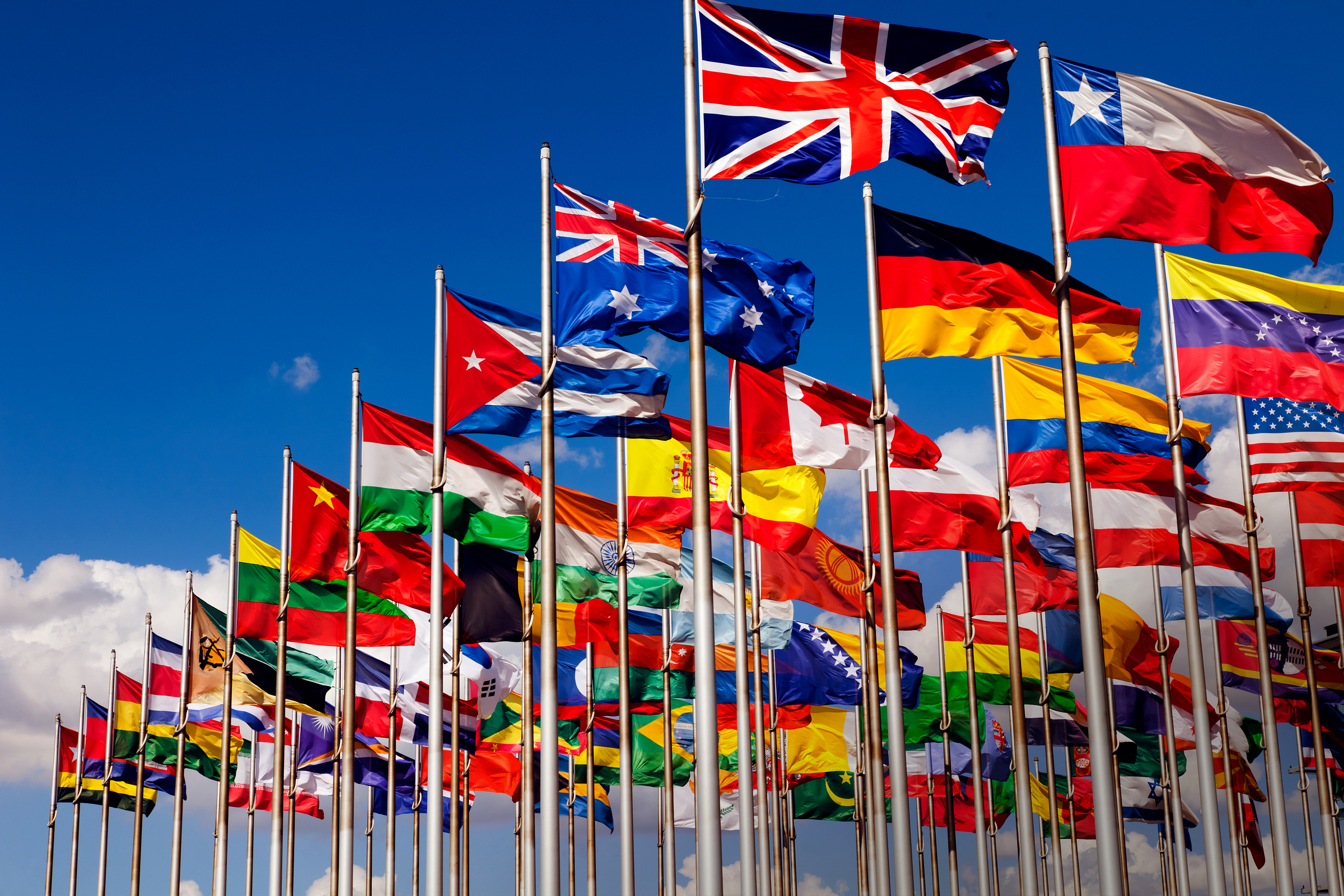
Business relationships of Swiss companies under pressure
The confrontation between the West and Russia has ended the era of multilateral trade, at least for the time being. In its place, a more fragmented and multipolar world system is emerging, within which trade and international relations are rearranged accordingly. In the midst of these upheavals, Swiss companies are also landing on their feet again. In order to find out how they are coping with these turbulent times, Credit Suisse conducted a survey of 650 companies. To address size-specific differences, this year's study surveyed 50 large companies as well as SMEs.
The survey shows that geopolitical tensions are becoming apparent in day-to-day business life. For instance, Swiss companies registered an increase in business risks over the past three years. These risks are particularly pronounced in the case of Russia and Ukraine, although business risks also outweigh business opportunities in Argentina, Iran, and New Zealand. Unsurprisingly, the list of countries from which Swiss companies have withdrawn in the last three years is headed by Russia: Around 6% of all companies surveyed have left the country – indeed, among large companies the figure is 24%. Even so, a few of the big companies in particular are already planning to begin or resume business activities in Russia. The conclusion is clear: Overall, the survey results are evidence of a changing world.
Increasing regulatory density is challenging Swiss companies
Companies are affected not only by sanctions but also by customs duties and other non-tariff barriers such as government procurement regulations and approval procedures. In addition, the survey results show an increase in regulatory density: More than half of the companies surveyed have seen an increase in regulatory requirements over the past three years. Large companies seem to feel this development much more strongly than SMEs. For example, 62% of large companies, but only 35% of medium-sized enterprises and around 40% of smaller companies, saw an increase in the regulation of technologies.
As the survey shows, the EU is driving its regulatory agenda forward and is even a pioneer in many areas: In the survey, companies with an EU focus tended to report a greater increase in regulatory density than companies without a main EU focus. This applies to all regulatory areas considered, with the exception of labor market regulation.
Turbulent times call for flexibility
Given the rapid succession of crises, the focus is on how Swiss companies can adapt and react to unforeseen events. As the survey shows, around 40% of companies see themselves in a good or very good position in this regard – with only 22% disagreeing.
In this context, the survey shows that crises can always be an opportunity if there is sufficient flexibility. Almost 60% of the companies said that new business areas had emerged despite the crises of the last three years (see figure). Swiss companies even see the positive side of the current energy crisis: More than half believe it represents an opportunity for them to become more sustainable. All of this gives us optimism about future challenges – not only for the current year, but also beyond.